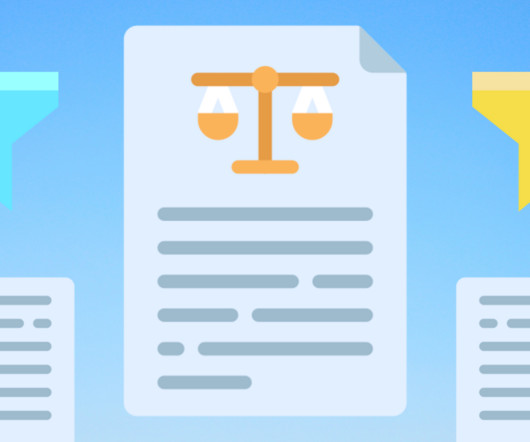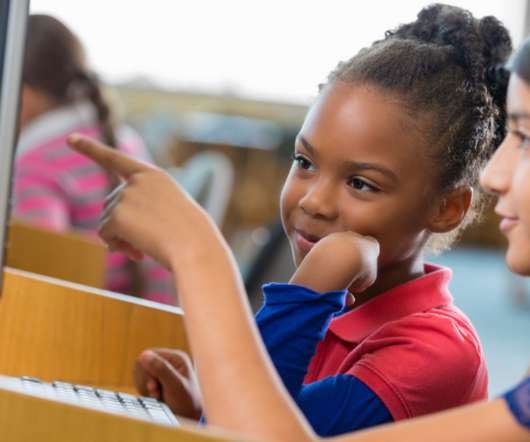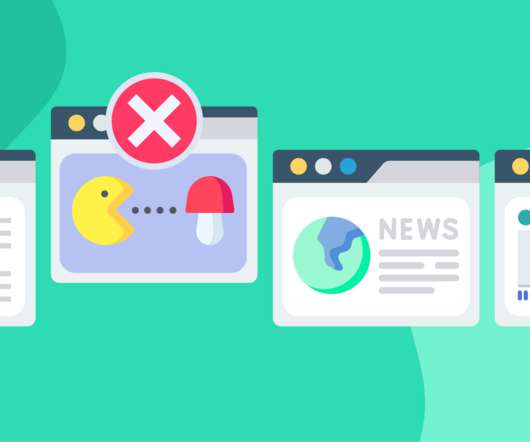Understanding the legal implications of using web filters in K-12 schools
Hapara
NOVEMBER 16, 2023
Which laws that protect school children involve technology? Technology solutions now support the task of enforcing laws that protect children and education communities. CIPA requires schools or libraries eligible to receive discounts through the E-rate program to adopt and implement an internet safety policy.

















Let's personalize your content